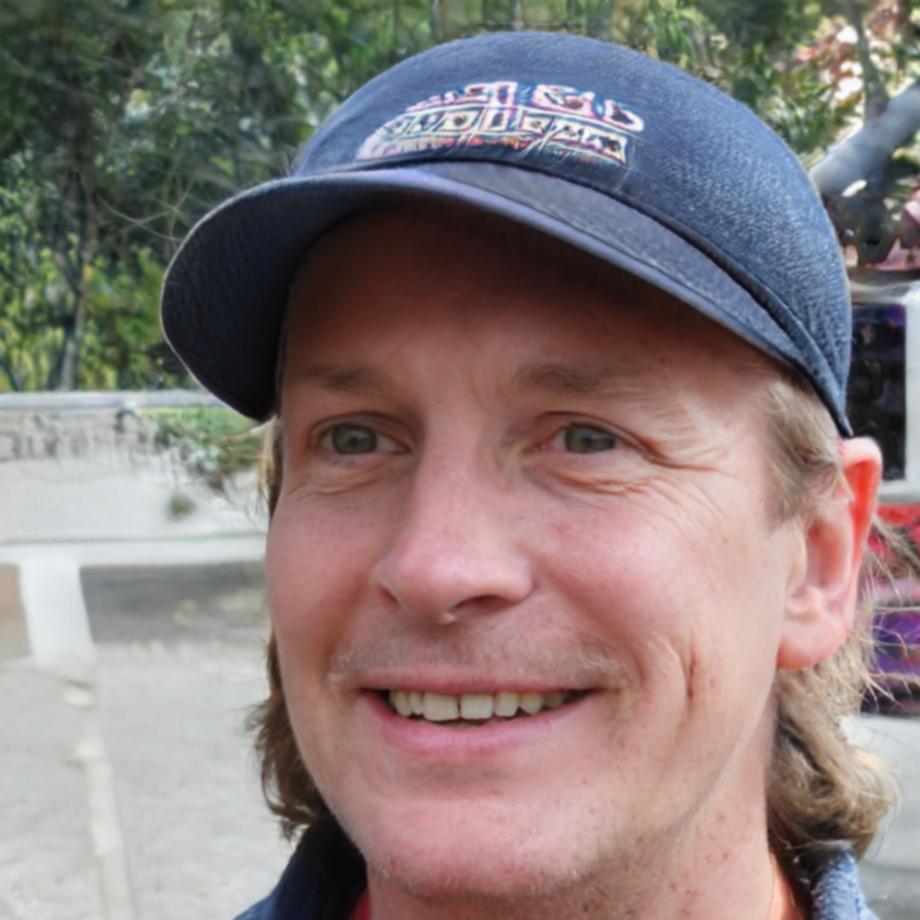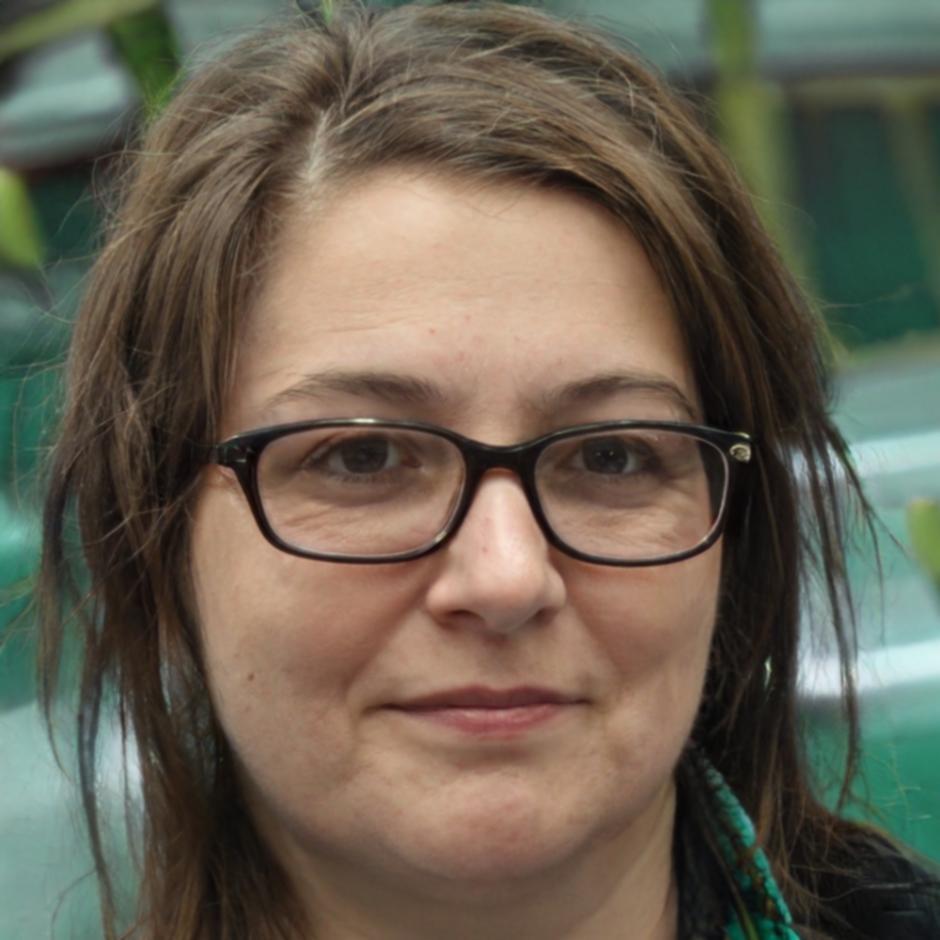Build Real-Time Lighting Skills That Studios Actually Need
Our six-month program covers lighting theory, PBR workflows, and real-time rendering in Unreal Engine. You'll work on portfolio pieces that mirror actual production challenges.
Request Program DetailsHow the Program Works
We built this around how studios train new lighting artists. Six months, three projects, and mentorship from people who've shipped games.
Foundation Phase
Eight weeks on lighting fundamentals. Color theory, light behavior, material properties. You'll start with simple scenes and understand why lights behave the way they do.
Technical Application
Ten weeks with Unreal Engine's lighting tools. Lightmass, Lumen, path tracing. We cover both baked and dynamic lighting because you'll encounter both in production.
Portfolio Development
Final eight weeks on your portfolio pieces. You'll create lighting for three different scene types and receive feedback similar to what you'd get in a studio environment.

What You'll Actually Learn
The curriculum focuses on practical skills. Everything here is something you'd use in your first year as a lighting artist.
Light Physics and Color
How light works in the real world and how we approximate it in real-time. Temperature, intensity, falloff patterns.
3 weeksMaterial Response
Understanding PBR workflows. How different surfaces react to light, and why your lighting setup needs to account for material properties.
2 weeksEngine Lighting Systems
Working with Unreal's lighting tools. Static, stationary, and dynamic lights. When to use each approach and how they affect performance.
4 weeksAtmospheric Effects
Fog, volumetrics, and environmental lighting. Creating depth and mood without overwhelming your performance budget.
3 weeksTexture and Detail Lighting
Light maps, light probes, and detail passes. The technical side of making lighting look believable up close.
3 weeksOptimization Workflow
Balancing visual quality with frame rate. Profiling tools, draw call management, and making decisions when you can't have both.
3 weeksYour Instructors
Three people who've worked on shipped titles and understand the difference between classroom theory and production reality.

Roland Vestergaard
Senior Lighting Artist
Spent eight years at various studios working on lighting for open-world games. Now teaches the foundation and technical modules.

Mireia Castellanos
Technical Artist
Background in both lighting and optimization. Handles the engine systems module and helps with portfolio reviews during the final phase.

Henrik Borgström
Environment Artist
Works with our students on atmospheric effects and material response. Has a good eye for helping people understand why their lighting isn't working.
Upcoming Start Dates
We run small cohorts to keep the feedback quality high. Classes meet twice weekly in the evenings, with weekend workshop sessions every other week.
Autumn 2025 Cohort
Starts: September 15, 2025
Schedule: Tuesday and Thursday evenings, 18:00–21:00 CET
Capacity: 12 students
Winter 2026 Cohort
Starts: January 20, 2026
Schedule: Monday and Wednesday evenings, 18:00–21:00 CET
Capacity: 12 students
Spring 2026 Cohort
Starts: April 6, 2026
Schedule: Tuesday and Thursday evenings, 18:00–21:00 CET
Capacity: 12 students

